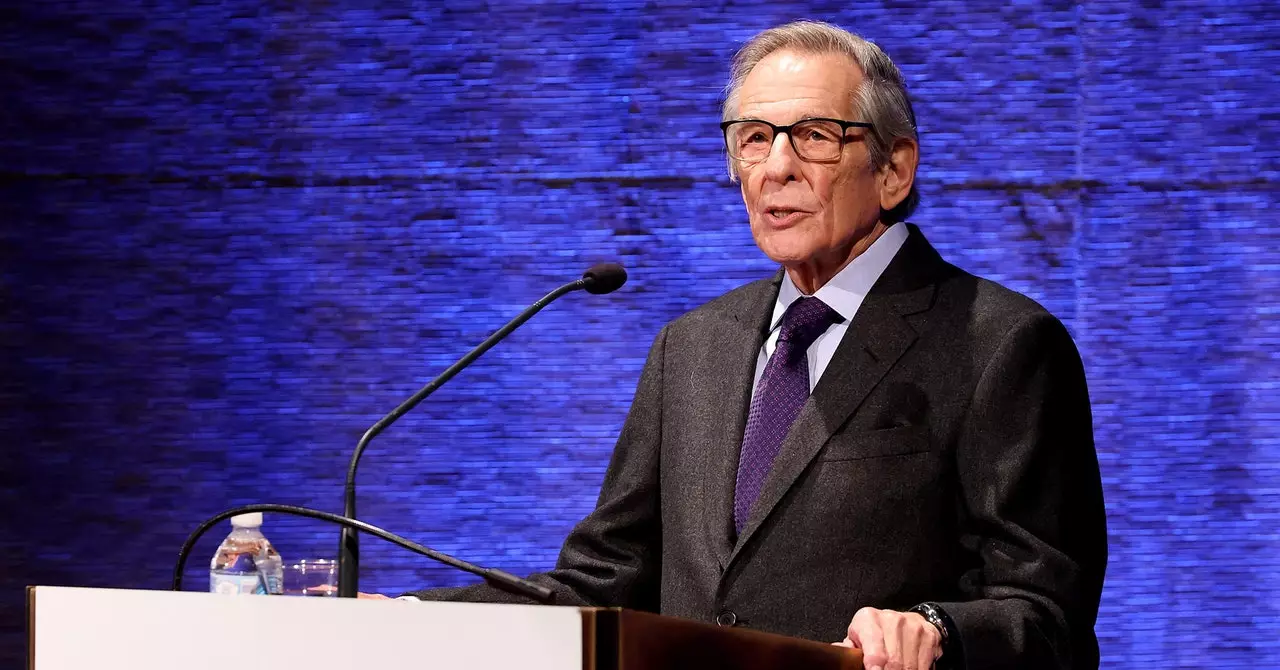In an era of ever-quickening information exchange, the inclination to rely on brief summaries in professional settings is on the rise. While it may seem efficient to condense complex ideas into bite-sized formats, the potential costs of this practice cannot be understated. Unpacking the nuances of communication, especially in leadership, reveals that depth and thoroughness often yield better outcomes than mere brevity.
One notable example of a contrarian approach to meetings and communication is Jeff Bezos, the former CEO of Amazon. His directive against using PowerPoint presentations in favor of a detailed six-page memo illustrates a commitment to depth over simplicity. The six-pager mandates that managers distill their proposals into clear, well-articulated narratives, prompting careful thought and meticulous crafting. When all attendees read these documents in silence at the start of meetings, it fosters an environment where every word carries weight and considerations are thoroughly explored.
This model not only facilitates deeper understanding but also engages participants in a more meaningful way. It challenges the notion that quick summaries are sufficient, instead positing that immersive reading leads to richer dialogue and more informed decision-making. The urgency to convey a complex idea within the confines of a limited time or space can often dilute the message, leaving room for misinterpretations and misunderstandings.
However, the obsession with speed and efficiency has given rise to an environment increasingly dominated by summaries. The proliferation of large language models (LLMs) presents a double-edged sword. On one side, they offer unparalleled capacity for information retrieval and condensation, capable of surfacing accuracy and details that human readers might overlook. Yet, the convenience of quickly digestible information raises concerns about our intellectual engagement and the erosion of deeper analytical skills over time.
If individuals start relying excessively on LLMs to interpret and summarize information, the very foundation of critical thinking might be jeopardized. When the expectation becomes that everything will be simplified, there is less motivation to engage with the intricate layers of information, lessening the demand for nuanced writing and thoughtful discourse. Ultimately, this shift could lead to a culture where communication adopts a clone-like quality, resembling a copy of a copy, each iteration further stripped of richness and meaning.
Technological advances are reshaping the dynamics of workplace engagement as well. Take, for instance, Sam Liang, the CEO of Otter, a company that initially specialized in transcription but has evolved to incorporate a host of AI-driven tools for meetings. With sophisticated features like AI avatars capable of participating in discussions, questions arise about the implications for human presence and participation in meetings. If summaries are readily available, the incentive to physically attend meetings diminishes. Liang himself admits to prioritizing meetings based on value and necessity, highlighting a trend among leaders to selectively engage based on convenience rather than obligation.
The heightened reliance on summaries suggests a potential devaluation of in-person interactions that have historically driven collaboration and innovation. The mere presence of a leader can elevate the stakes of a meeting, offering invaluable insights into strategic decisions and fostering an atmosphere of accountability. When digital substitutes replace direct communication, the connectivity that fuels effective teamwork may wane, leading to a disconnect between leaders and their teams.
As organizations flock toward adopting technology to streamline operations, it is crucial to remember the importance of authentic communication. Leaders must consciously cultivate a culture that values thorough, meaningful dialogue. The relentless pursuit of summaries should not overshadow the need for individuals to develop their writing skills and critical thinking. Engaging with complex materials can result in innovative ideas and robust problem-solving—treasures hidden beneath the surface of oversimplified summaries.
The transition toward distilled information may offer immediate convenience, but it risks undermining the depth and quality of communication essential for effective leadership. To truly foster innovation and collaboration, organizations must prioritize substantive engagement, emphasizing the significance of taking the time to explore, articulate, and understand complex ideas rather than settling for the ease found in summary.

